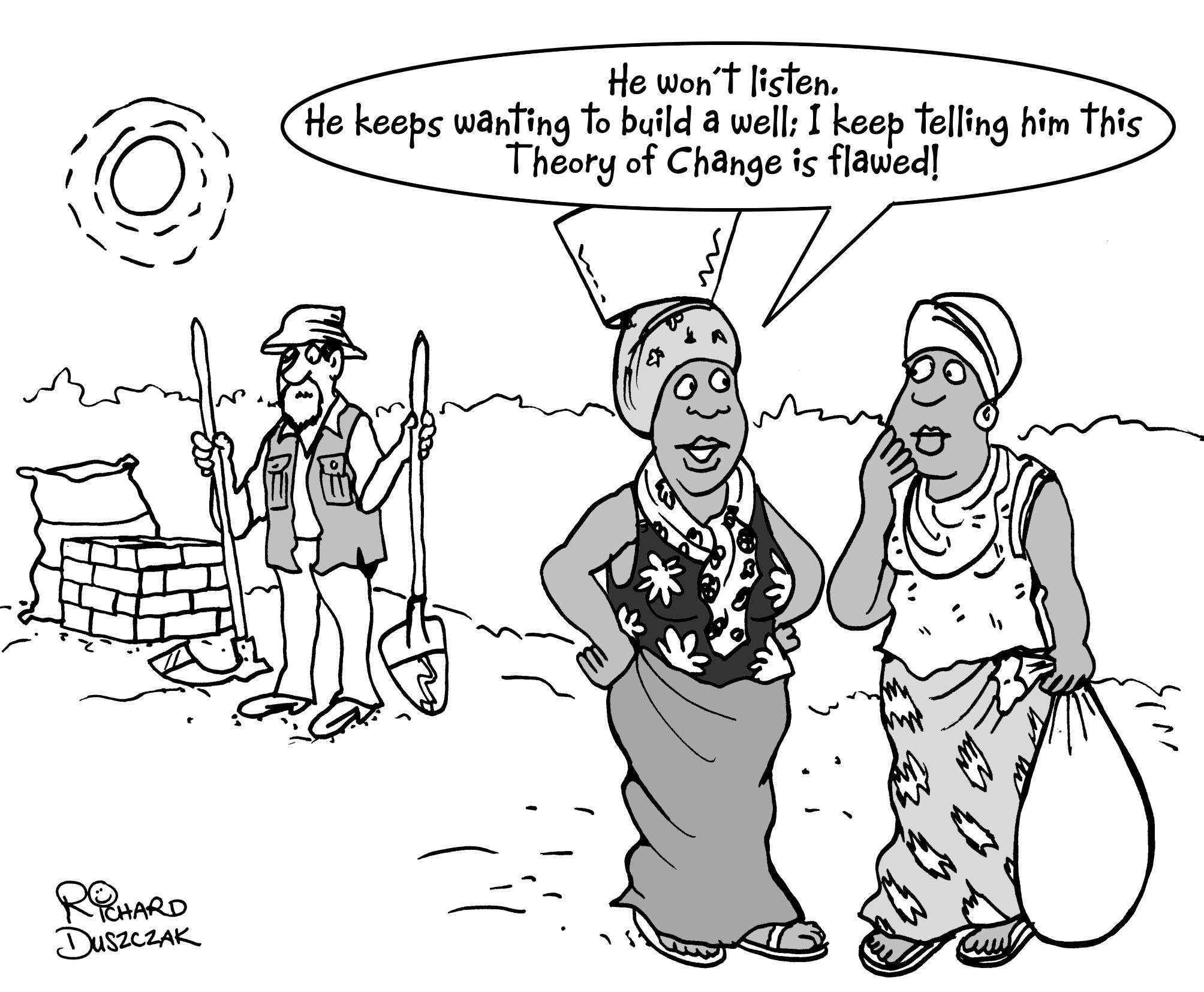भारतको वैश्विक प्रतिस्पर्धा हेतु छोटो बाटो: विशेष आर्थिक क्षेत्र (SEZs)
भारतले लामो समयदेखि ईज अफ डुइङ बिजनेस इन्डेक्स मा आफ्नो स्थान सुधार्न खोजिरहेको छ, ताकि बढी प्रत्यक्ष वैदेशिक लगानी (FDI) आकर्षित गर्न सकियोस्। यो लक्ष्य उचित भए पनि, यस दिशामा प्रगति ढिलो छ र राष्ट्रिय तथा राज्य तहमा नौकरशाही अवरोधले भरिएको छ। यसको तुलनामा छिटो र प्रभावकारी बाटो भने भारतले त्यस्ता विशेष आर्थिक क्षेत्र (SEZs) विकास गर्नु हो जसले विश्वस्तरमै उक्त इन्डेक्समा नम्बर एक स्थान हासिल गर्न सक्छन्, र जसले चिनियाँ तथा विश्वव्यापी पूँजी दुवैलाई आकर्षित गर्छन्।
किन देशव्यापी सुधार भन्दा SEZ?
देशव्यापी सुधारहरू आवश्यक छन् तर भारत जस्तो विविध र संघीय संरचनाको मुलुकमा ती लागू गर्न निकै गाह्रो र ढिलो प्रक्रिया हुन्छ। यसको विपरीत, SEZs मार्फत केन्द्रित सुधार सम्भव हुन्छ—विश्वस्तरीय पूर्वाधार, सरल नियम, र लगानीकर्ता–मैत्री कर नीतिहरू—जसलाई सानो दायरामा तुरुन्त लागू गर्न सकिन्छ। यसले उत्कृष्टताको टापु तयार गर्छ जसले बाँकी मुलुकका लागि मापदण्ड तय गर्न सक्छ।
चीनले 1980 को दशकमा यही मोडल प्रयोग गरी चमत्कारिक सफलता हासिल गरेको थियो। शेनझेन एक सानो माछा मार्ने गाउँबाट विश्वव्यापी प्रविधि केन्द्रमा परिणत भयो, किनकि त्यहाँ व्यापार गर्नु चीनका अन्य भागभन्दा धेरै सजिलो बनाइएको थियो। भारतले पनि यही मोडल पुनः लागू गर्न सक्छ—बरु अझै छिटो, आधुनिक प्रविधि र पूँजी प्रवाहको मद्दतले।
चीनसँगको व्यापार घाटा सन्तुलन
भारतको चीनसँगको व्यापार घाटा लगातार बढिरहेको छ, किनकि भारतले ठूलो मात्रामा इलेक्ट्रोनिक्स, मेसिनरी र अन्य औद्योगिक वस्तु आयात गर्छ। यसको स्मार्ट समाधान भनेको व्यापार सीमित गर्नु होइन, बरु चीनबाट बराबरको प्रत्यक्ष लगानी (FDI) आकर्षित गर्नु हो। यदि चीनले भारतको उत्पादन र पूर्वाधार क्षेत्रमा SEZs मार्फत लगानी गर्छ भने पूँजी प्रवाहले व्यापार घाटा सन्तुलन गर्छ र सँगै रोजगारी, प्रविधि हस्तान्तरण, र नयाँ निर्यात क्षमता पनि सिर्जना गर्छ।
तर कुनै पनि चिनियाँ वा विश्वव्यापी लगानीकर्ताले अर्बौं डलर लगानी गर्न विश्वास चाहिन्छ। तिनीहरूलाई निश्चितता चाहिन्छ कि भारतले उनीहरूलाई अन्य मुलुकमा जस्तै पूर्वाधार, नियामकीय स्थिरता र प्रतिस्पर्धी वातावरण दिन सक्छ। यही विश्वास SEZs ले, यदि सही तरिकाले लागू गरिए, प्रदान गर्न सक्छ।
विश्वव्यापी सफलताका उदाहरणहरू
1. शेनझेन, चीन
संसारकै सबैभन्दा प्रसिद्ध SEZ मध्ये एक, शेनझेन लाई 1980 मा चीनको पहिलो विशेष आर्थिक क्षेत्र घोषणा गरिएको थियो। कर प्रोत्साहन, सरल नियम र विशाल पूर्वाधार लगानीको साथ, शेनझेन एउटा सानो गाउँबाट १.२ करोड जनसंख्या भएको महानगर बन्यो। आज यो हुवावे, टेनसेन्ट, DJI जस्ता प्रविधि दिग्गजहरूको घर हो र यसलाई “हार्डवेयरको सिलिकन भ्याली” भनिन्छ।
भारतका लागि पाठ: स्पष्ट नीतिगत वातावरण र बलियो पूर्वाधारले कुनै पनि पछि परेका क्षेत्रलाई एक पुस्तामै विश्वव्यापी शक्ति बनाउन सक्छ।
2. जेबेल अली फ्री जोन (JAFZA), यूएई
1985 मा स्थापना भएको, जेबेल अली फ्री जोन विश्वकै सफल मुक्त व्यापार क्षेत्रहरू मध्ये एक हो। दुबईको जेबेल अली बन्दरगाह र अन्तर्राष्ट्रिय विमानस्थल नजिकै रहेको यसले विदेशी लगानीकर्तालाई 100% स्वामित्व, शून्य कर, र उत्कृष्ट लॉजिस्टिक्स प्रदान गर्छ। JAFZA आज दुबईको GDP को करिब एक-चौथाइ योगदान दिन्छ।
भारतका लागि पाठ: स्थान (लोकेशन) निकै महत्वपूर्ण हुन्छ। यदि SEZs लाई बन्दरगाह, राजमार्ग र विमानस्थलसँग जोडियो भने लगानीकर्तालाई सहज पारिस्थितिकी तन्त्र प्राप्त हुन्छ।
3. गिफ्ट सिटी, भारत
भारतकै गुजरात इन्टरनेशनल फाइनान्स टेक-सिटी (गिफ्ट सिटी) पहिलो सञ्चालनमा आएको स्मार्ट सिटी र विश्वव्यापी वित्तीय हब हो। अझै प्रारम्भिक चरणमै भए पनि यसले देखाएको छ कि भारतले पनि नियामकीय स्पष्टता र विश्वस्तरीय पूर्वाधार दिएर विश्वव्यापी लगानीकर्तालाई आकर्षित गर्न सक्छ। यहाँ बैंक, बीमा कम्पनी, र स्टक एक्सचेञ्जहरू पहिले नै सक्रिय छन्।
भारतका लागि पाठ: भारतको जटिल संघीय संरचनाभित्र पनि लक्षित नवप्रवर्तनले विश्वव्यापी खेलाडीलाई आकर्षित गर्न सक्छ।
सुधारको छोटो बाटो
सफलीतापूर्वक डिजाईन गरिएका SEZs ले तीन ठूला समस्याको समाधान गर्छन्:
-
पूर्वाधार अवरोध – समर्पित बन्दरगाह, लॉजिस्टिक्स हब र निरन्तर बिजुली आपूर्तिको साथ SEZs ले भारतका ठूला पूर्वाधार चुनौतीहरू पार गर्न सक्छन्।
-
नियामकीय ढिलाइ – SEZs मा ‘सिंगल–विन्डो’ प्रणालीले रातो फित्ता घटाएर लगानीकर्तालाई गति र निश्चितता दिन्छ।
-
वैश्विक छवि – यदि भारतले विश्वमै ईज अफ डुइङ बिजनेसमा नम्बर एक SEZ देखाउन सक्यो भने, यसले संसारलाई शक्तिशाली सन्देश दिनेछ कि भारत खुला, सक्षम र पूँजीका लागि तयार छ।
रणनीतिक लाभ
भारतका लागि SEZs केवल आर्थिक उपकरण मात्र होइनन्, रणनीतिक साधन पनि हुन्। यी मार्फत भारतले:
-
उत्पादन FDI आकर्षित गरेर आयातमा निर्भरता घटाउन सक्छ।
-
संरक्षणवाद नअपनाई चीनसँगको व्यापार घाटा सन्तुलन गर्न सक्छ।
-
आपूर्ति श्रृंखला चीनबाट बाहिर सर्दै गएको बेला आफूलाई प्रमुख गन्तव्यका रूपमा स्थापित गर्न सक्छ।
निष्कर्ष: देशव्यापी सुधारका लागि दशकौं पर्खिनुको सट्टा भारतले सीधै छलाङ मारेर वैश्विक स्तरमै नम्बर एक SEZs बनाउन सक्छ। शेनझेन, जेबेल अली, र गिफ्ट सिटी बाट पाठ लिएर भारतले तीव्र विकासका इन्जिनहरू तयार गर्न सक्छ, जसले चिनियाँ र विश्वव्यापी FDI आकर्षित गर्नेछ र छोटो समयमा व्यापार तथा लगानीको परिदृश्य बदल्नेछ।













